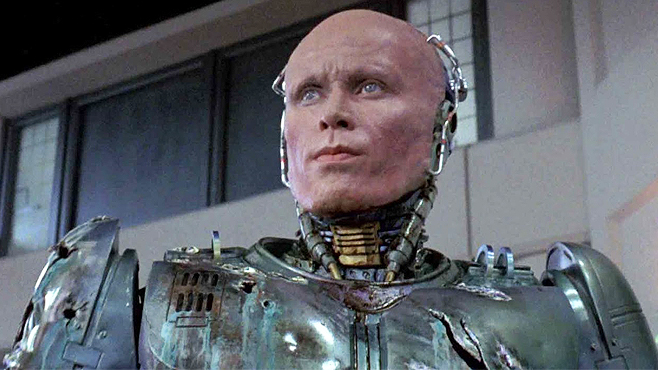Well, of course we shouldn’t engage in autonomous warfare, but what’s obvious now might not always seem so clear. What’s perfectly sensible today might seem painfully naive tomorrow.
I think humans create tools to use them, eventually. When electricity (or some other power source) is coursing through those objects, the tools almost become demanding of our attention. If you had asked the typical person 50 years ago–20 years ago?–whether they would be accepting of a surveillance state, the answer would have been a resounding “no.” But here we are. It just creeped up on us. How creepy.
I still, however, am glad that Stephen Hawking, Steve Wozniak, Elon Musk and a thousand others engaged in science and technology have petitioned for a ban on AI warfare. It can’t hurt.
From Samuel Gibbs at the Guardian:
The letter states: “AI technology has reached a point where the deployment of [autonomous weapons] is – practically if not legally – feasible within years, not decades, and the stakes are high: autonomous weapons have been described as the third revolution in warfare, after gunpowder and nuclear arms.”
The authors argue that AI can be used to make the battlefield a safer place for military personnel, but that offensive weapons that operate on their own would lower the threshold of going to battle and result in greater loss of human life.
Should one military power start developing systems capable of selecting targets and operating autonomously without direct human control, it would start an arms race similar to the one for the atom bomb, the authors argue. Unlike nuclear weapons, however, AI requires no specific hard-to-create materials and will be difficult to monitor.•
Tags: Elon Musk, Samuel Gibbs, Stephen Hawking, Steve Wozniak

